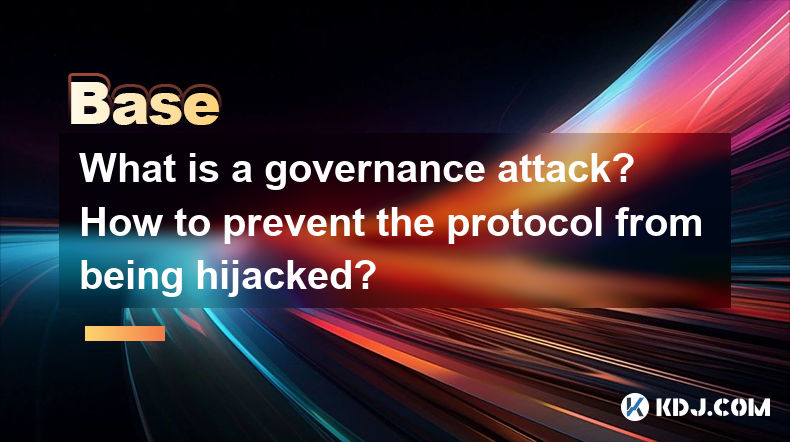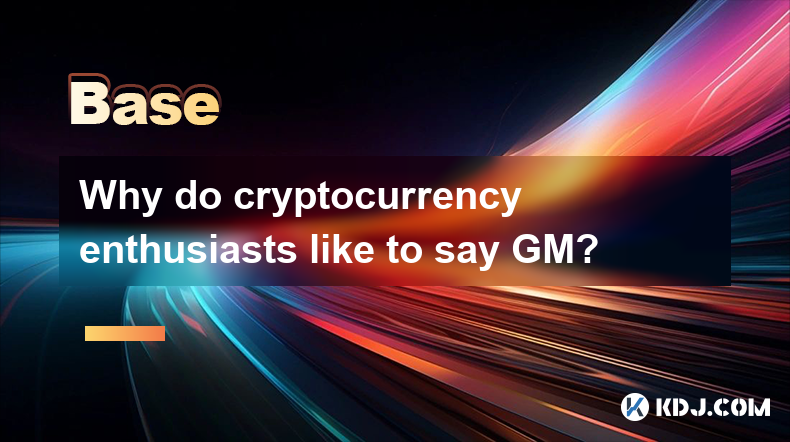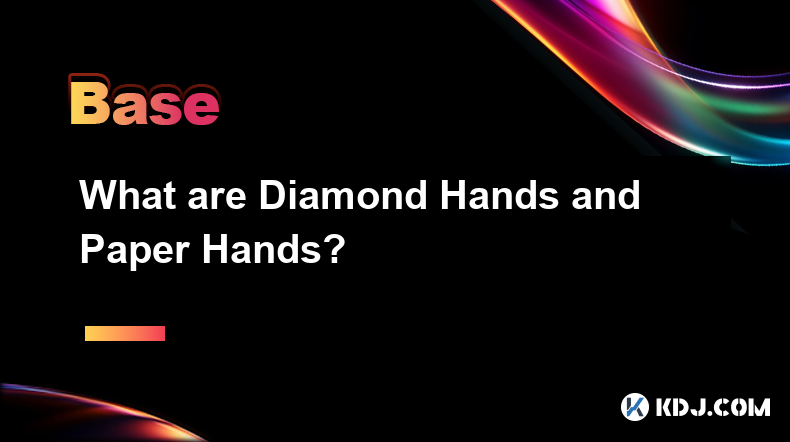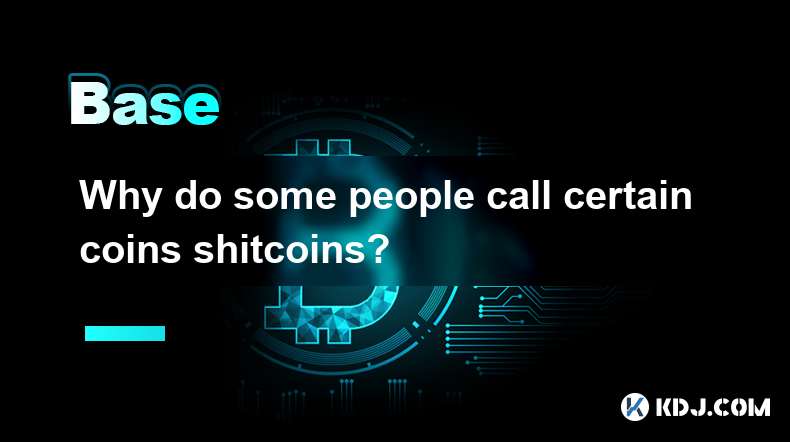-
 Bitcoin
Bitcoin $84,367.7234
1.25% -
 Ethereum
Ethereum $1,600.1723
1.83% -
 Tether USDt
Tether USDt $0.9998
0.00% -
 XRP
XRP $2.0964
1.79% -
 BNB
BNB $582.2457
0.34% -
 Solana
Solana $133.1948
6.30% -
 USDC
USDC $1.0000
0.00% -
 Dogecoin
Dogecoin $0.1569
2.16% -
 TRON
TRON $0.2449
-2.83% -
 Cardano
Cardano $0.6186
2.17% -
 UNUS SED LEO
UNUS SED LEO $9.4458
0.78% -
 Chainlink
Chainlink $12.5745
2.94% -
 Avalanche
Avalanche $19.2746
2.70% -
 Toncoin
Toncoin $2.9610
3.97% -
 Stellar
Stellar $0.2387
2.17% -
 Shiba Inu
Shiba Inu $0.0...01198
3.08% -
 Sui
Sui $2.0974
0.75% -
 Hedera
Hedera $0.1592
1.60% -
 Bitcoin Cash
Bitcoin Cash $335.3208
4.54% -
 Litecoin
Litecoin $75.1855
-0.65% -
 Polkadot
Polkadot $3.6127
2.24% -
 Hyperliquid
Hyperliquid $16.1266
8.37% -
 Dai
Dai $1.0001
0.02% -
 Bitget Token
Bitget Token $4.3594
4.35% -
 Ethena USDe
Ethena USDe $0.9992
0.01% -
 Pi
Pi $0.6125
0.37% -
 Monero
Monero $219.0095
-0.11% -
 Uniswap
Uniswap $5.2454
1.81% -
 OKB
OKB $51.1779
-2.16% -
 Pepe
Pepe $0.0...07259
3.16%
What is a governance attack? How to prevent the protocol from being hijacked?
Governance attacks in crypto aim to manipulate decentralized protocols' decision-making, exploiting vulnerabilities like vote buying and smart contract flaws.
Apr 11, 2025 at 11:43 pm

A governance attack in the context of cryptocurrencies refers to a malicious attempt to manipulate or control the decision-making processes of a decentralized protocol. These attacks are particularly concerning in decentralized autonomous organizations (DAOs) and decentralized finance (DeFi) platforms where community governance plays a crucial role in managing and updating the protocol. Understanding the mechanisms behind these attacks and implementing robust preventive measures is essential for maintaining the integrity and security of these systems.
Types of Governance Attacks
Governance attacks can take various forms, each exploiting different vulnerabilities within the governance system. Here are some common types:
Vote Buying: In this type of attack, malicious actors purchase voting power from other token holders to sway decisions in their favor. This can be done through direct financial incentives or other forms of manipulation.
51% Attack on Governance: Similar to a 51% attack on blockchain networks, a governance attack of this nature occurs when a group of actors gains control over more than half of the voting power, allowing them to pass or veto any proposal.
Sybil Attacks: These involve creating multiple fake identities or accounts to influence the voting process. In decentralized systems, where identity verification might be less stringent, this can be particularly problematic.
Bribery and Coercion: Malicious actors might attempt to bribe or coerce token holders into voting in a certain way. This can be difficult to detect and prevent, especially in large, decentralized communities.
Mechanisms of Governance Attacks
Understanding how governance attacks are executed is crucial for developing effective countermeasures. Here's a closer look at the mechanisms involved:
Exploiting Low Voter Turnout: If only a small percentage of token holders participate in governance, it becomes easier for attackers to manipulate outcomes. They can mobilize their resources to influence a significant portion of the votes.
Utilizing Smart Contract Vulnerabilities: Some governance attacks exploit vulnerabilities in the smart contracts that manage the voting process. These vulnerabilities can allow attackers to alter votes or manipulate the voting logic.
Manipulating Information: By spreading false or misleading information, attackers can influence the perceptions and decisions of token holders. This can lead to votes that favor the attacker's agenda.
Preventing Governance Attacks
To safeguard a decentralized protocol from governance attacks, it is important to implement a range of preventive measures. Here are some strategies that can be employed:
Implementing Robust Voting Mechanisms: Developing voting systems that are resistant to manipulation is crucial. This can include time-locked voting, quadratic voting, or other mechanisms designed to prevent vote buying and other forms of manipulation.
Enhancing Identity Verification: To mitigate the risk of Sybil attacks, protocols can implement more stringent identity verification processes. This might involve requiring users to prove their identity through various means, such as KYC (Know Your Customer) procedures.
Increasing Voter Participation: Encouraging higher voter turnout can make it more difficult for attackers to influence outcomes. This can be achieved through educational campaigns, incentives for participation, and user-friendly voting interfaces.
Regular Security Audits: Conducting regular audits of the smart contracts and governance systems can help identify and fix vulnerabilities before they can be exploited. Engaging reputable security firms to perform these audits is a best practice.
Transparency and Communication: Maintaining open lines of communication with the community can help in quickly identifying and responding to potential governance attacks. Transparency about the governance process and any detected threats can build trust and encourage community vigilance.
Case Studies of Governance Attacks
Examining real-world examples of governance attacks can provide valuable insights into their nature and impact. Here are a few notable cases:
The DAO Hack: In 2016, The DAO, a decentralized autonomous organization built on the Ethereum blockchain, was subjected to a governance attack that exploited a vulnerability in its smart contract. This led to the theft of approximately 3.6 million ETH, prompting a hard fork of the Ethereum network.
bZx Protocol Attack: In 2020, the bZx protocol, a DeFi platform, experienced a governance attack where an attacker manipulated the voting process to pass a proposal that allowed them to drain funds from the protocol.
Compound Governance Attack: In 2021, the Compound protocol faced a governance attack attempt where an attacker tried to manipulate the voting process to gain control over the protocol's governance. The attempt was thwarted due to the community's vigilance and the protocol's robust governance mechanisms.
Steps to Implement Preventive Measures
Implementing preventive measures against governance attacks requires a systematic approach. Here are detailed steps that can be followed:
Conduct a Risk Assessment: Begin by identifying potential vulnerabilities in the governance system. This involves analyzing the voting mechanisms, smart contracts, and community engagement processes.
Develop a Security Plan: Based on the risk assessment, develop a comprehensive security plan that outlines the preventive measures to be implemented. This should include both technical and non-technical solutions.
Implement Voting Mechanism Enhancements: Upgrade the voting system to include features like time-locked voting, quadratic voting, or other anti-manipulation techniques. Ensure that these enhancements are thoroughly tested before deployment.
Strengthen Identity Verification: Introduce more robust identity verification processes to prevent Sybil attacks. This might involve integrating KYC procedures or other identity verification methods.
Launch Educational Campaigns: Educate the community about the importance of governance and the risks of governance attacks. Provide resources and guides on how to participate in governance securely.
Incentivize Voter Participation: Implement incentives to encourage higher voter turnout. This could include token rewards, governance participation badges, or other forms of recognition.
Conduct Regular Security Audits: Schedule regular security audits of the governance system and smart contracts. Engage reputable security firms to perform these audits and address any identified vulnerabilities promptly.
Establish a Rapid Response Team: Create a dedicated team to monitor for potential governance attacks and respond quickly to any detected threats. This team should have clear protocols for communication and action.
Maintain Transparency: Keep the community informed about the governance process, any detected threats, and the measures being taken to address them. Transparency builds trust and encourages community vigilance.
Frequently Asked Questions
Q: Can governance attacks be completely prevented?
A: While it is challenging to completely prevent governance attacks, implementing a combination of robust preventive measures can significantly reduce the risk. Continuous monitoring, community engagement, and regular security audits are essential components of an effective defense strategy.
Q: How can token holders protect themselves from governance attacks?
A: Token holders can protect themselves by staying informed about the governance process, participating actively in voting, and being cautious of any suspicious proposals or incentives. They should also support protocols that implement strong governance mechanisms and security measures.
Q: What role does community vigilance play in preventing governance attacks?
A: Community vigilance is crucial in detecting and preventing governance attacks. An engaged and informed community can quickly identify suspicious activities and mobilize to counteract them. Protocols should encourage community participation and provide the necessary tools and information to facilitate this vigilance.
Q: Are there any legal repercussions for those who conduct governance attacks?
A: The legal repercussions for governance attacks can vary depending on the jurisdiction and the specific nature of the attack. In some cases, these actions may be considered fraud or cybercrime, leading to legal action against the perpetrators. However, the decentralized nature of many protocols can make enforcement challenging.
Disclaimer:info@kdj.com
The information provided is not trading advice. kdj.com does not assume any responsibility for any investments made based on the information provided in this article. Cryptocurrencies are highly volatile and it is highly recommended that you invest with caution after thorough research!
If you believe that the content used on this website infringes your copyright, please contact us immediately (info@kdj.com) and we will delete it promptly.
- Solana (SOL) Just Scored a Major Win in Canada, Opening the Doors to Institutional Adoption
- 2025-04-17 14:15:14
- 3 Crypto Projects Poised to Explode in 2025
- 2025-04-17 14:15:14
- The net issue for new housing loans continues to grow in the euro zone
- 2025-04-17 14:10:13
- Footprint Analytics Partners with AI Flow to Revolutionize Web3 Data Analytics
- 2025-04-17 14:10:13
- The anticipated price highlight of Solana blockchain reaching $400 by 2025 increases market talk
- 2025-04-17 14:05:13
- Introducing LaunchLab, Raydium's all-in-one token launchpad.
- 2025-04-17 14:05:13
Related knowledge

What does Floor Price mean in the NFT market
Apr 17,2025 at 12:42am
The term Floor Price is a critical concept within the NFT (Non-Fungible Token) market, serving as a key indicator for both buyers and sellers. In essence, the floor price represents the lowest price at which an NFT from a particular collection is currently listed for sale on a marketplace. This price point is crucial for understanding the perceived valu...

What is Alpha? How to find Alpha opportunities?
Apr 16,2025 at 12:42pm
What is Alpha?Alpha is a term widely used in the financial world, including the cryptocurrency market, to describe the ability of an investment to outperform a benchmark. In the context of cryptocurrencies, alpha refers to the excess return an investor achieves over the market's average return. For example, if the overall crypto market grows by 10% in a...

Why do cryptocurrency enthusiasts like to say GM?
Apr 16,2025 at 06:21am
In the world of cryptocurrency, the term 'GM' has become a popular greeting among enthusiasts. GM stands for 'Good Morning,' and its widespread use within the crypto community has a deeper significance than just a simple greeting. This article delves into the reasons why cryptocurrency enthusiasts like to say GM, exploring its origins, cultural signific...

What do WAGMI and NGMI mean?
Apr 16,2025 at 08:08pm
In the world of cryptocurrency, you might often come across the acronyms WAGMI and NGMI. These terms have become part of the crypto slang and are frequently used in discussions, tweets, and forums related to digital currencies. Let's delve into what these terms mean, their origins, and how they are used within the crypto community. Understanding WAGMIWA...

What are Diamond Hands and Paper Hands?
Apr 16,2025 at 10:42am
In the world of cryptocurrencies, the terms Diamond Hands and Paper Hands are frequently used to describe the behavior and mindset of investors, particularly in volatile markets. These terms originated from online communities and have become a significant part of the crypto lexicon, often used to describe the level of resilience and commitment an invest...

Why do some people call certain coins shitcoins?
Apr 17,2025 at 03:21am
Understanding the Term 'Shitcoin'The term 'shitcoin' is a colloquialism within the cryptocurrency community that is used to describe cryptocurrencies that are perceived as having little to no value or potential. It is a derogatory term, often used to express disdain or skepticism about the viability of certain digital assets. The use of 'shitcoin' is su...

What does Floor Price mean in the NFT market
Apr 17,2025 at 12:42am
The term Floor Price is a critical concept within the NFT (Non-Fungible Token) market, serving as a key indicator for both buyers and sellers. In essence, the floor price represents the lowest price at which an NFT from a particular collection is currently listed for sale on a marketplace. This price point is crucial for understanding the perceived valu...

What is Alpha? How to find Alpha opportunities?
Apr 16,2025 at 12:42pm
What is Alpha?Alpha is a term widely used in the financial world, including the cryptocurrency market, to describe the ability of an investment to outperform a benchmark. In the context of cryptocurrencies, alpha refers to the excess return an investor achieves over the market's average return. For example, if the overall crypto market grows by 10% in a...

Why do cryptocurrency enthusiasts like to say GM?
Apr 16,2025 at 06:21am
In the world of cryptocurrency, the term 'GM' has become a popular greeting among enthusiasts. GM stands for 'Good Morning,' and its widespread use within the crypto community has a deeper significance than just a simple greeting. This article delves into the reasons why cryptocurrency enthusiasts like to say GM, exploring its origins, cultural signific...

What do WAGMI and NGMI mean?
Apr 16,2025 at 08:08pm
In the world of cryptocurrency, you might often come across the acronyms WAGMI and NGMI. These terms have become part of the crypto slang and are frequently used in discussions, tweets, and forums related to digital currencies. Let's delve into what these terms mean, their origins, and how they are used within the crypto community. Understanding WAGMIWA...

What are Diamond Hands and Paper Hands?
Apr 16,2025 at 10:42am
In the world of cryptocurrencies, the terms Diamond Hands and Paper Hands are frequently used to describe the behavior and mindset of investors, particularly in volatile markets. These terms originated from online communities and have become a significant part of the crypto lexicon, often used to describe the level of resilience and commitment an invest...

Why do some people call certain coins shitcoins?
Apr 17,2025 at 03:21am
Understanding the Term 'Shitcoin'The term 'shitcoin' is a colloquialism within the cryptocurrency community that is used to describe cryptocurrencies that are perceived as having little to no value or potential. It is a derogatory term, often used to express disdain or skepticism about the viability of certain digital assets. The use of 'shitcoin' is su...
See all articles























































































